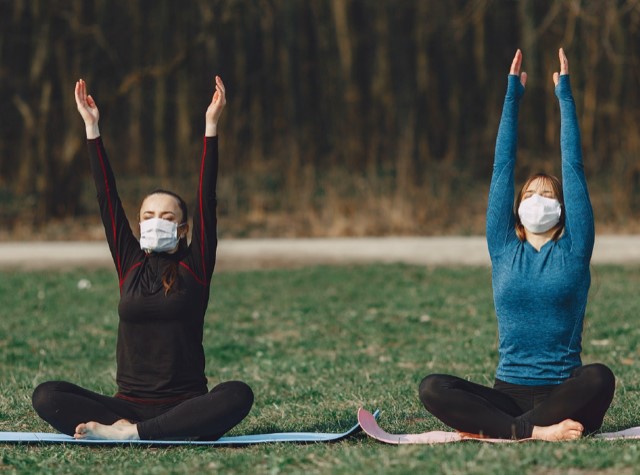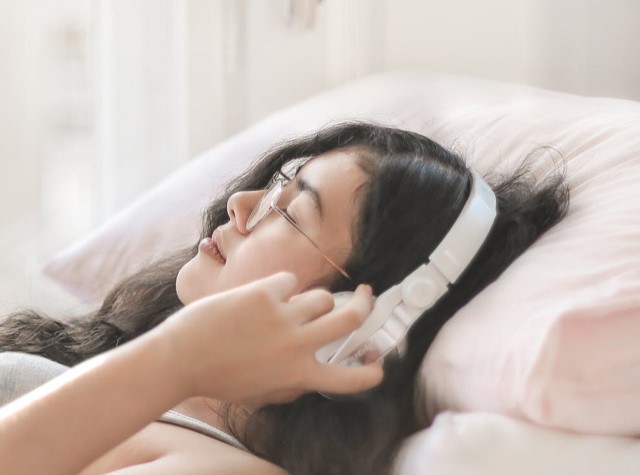As hot as it may be right now, before we know it the leaves will be turning, the air will be crisp, and we will be walking around our campuses with all the hope (and nerves!) that a new semester brings.
One of the ways we develop hope and combat our nerves for any type of transition is by planning. This is both the external tasks of gathering our books, pencils, and syllabi, but also the internal planning of vision, considering obstacles, and identifying strengths.
As you head into the 2021-2022 school year, we just wanted to encourage you to make sure that you are not just doing the external/task planning necessary, but also the mental and emotional planning that can set your year up for success. Here are some of the categories to consider:
Physical Health
Time at college can be a wonderful place to establish good physical health routines. While exercise and food choices often come to mind first, your planning may include so much more. Your physical health is very intensely tied to your sleep, so think about how you can schedule your classes, sleep environment, and social schedule in a way that supports your goals.

Here are a few other very simple ways to support your physical health. Get a water bottle that you love to support your hydration. Take the beautiful route between classes, even if it’s longer, to get a few more steps in. If it’s an option in your situation, consider cooking with friends. And, stretch a little bit either morning or night to work through stress-related body aches.
Mental/Emotional Health
This is a planning category that most people are not intentional about, especially in the busy life of post-secondary education. However, this also may be a place where you have access to more resources and/or the opportunity to pursue and establish mental and emotional health practices that will support your future. If you don’t have meditation, mindfulness, and/or intentional stress-relief practices in your life this is a great time to start.

Additionally, most campuses have wellness-related opportunities and/or counseling options for their students or through employee EAP. If you’ve never pursued any of these, maybe add one or two events and/or a session with a counselor to your plan for the semester. You do not have to be in crisis to see a counselor and, if you take the time to see one in college, you will be more likely to seek that help in the future when and if you need it.
Spiritual & Relational Health
Finally, we want to consider those social connections that will help support you throughout the semester. For some people, spiritual health is tied to religion. But, for many others, it is simply the practice of connecting to something bigger than yourself to help you feel less alone, supported by a bigger purpose, etc.

Relational health works in a similar way. These are the physical people (whether they are physically with you or not) who serve as support during the semester. Consider how you want to pursue your relationships with family, friends, mentors, etc. in a way that is fulfilling and helps balance the challenges of an academic semester.
All the best from your friends here at PIP as you head into a new semester. May this focus on holistic planning be helpful as you move forward into a great school year!
August 3, 2021. By Anne Rulo, Author, Speaker, Therapist. www.annerulo.com. FB/IG/Twitter @annemrulo
